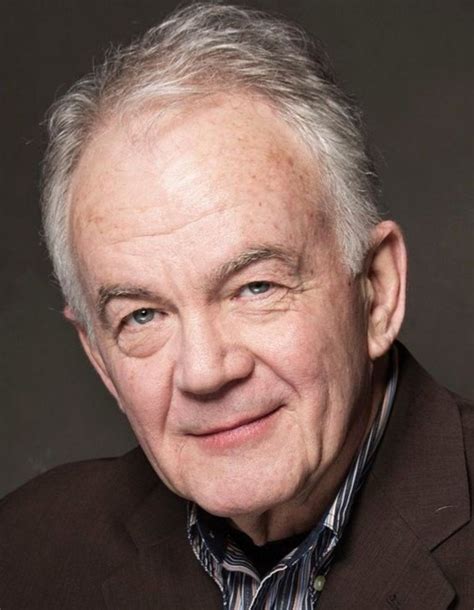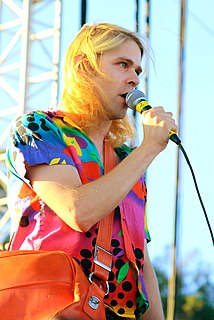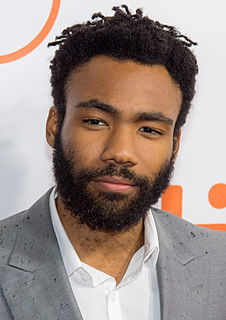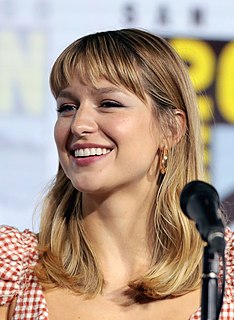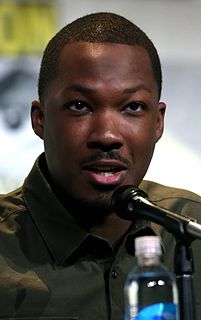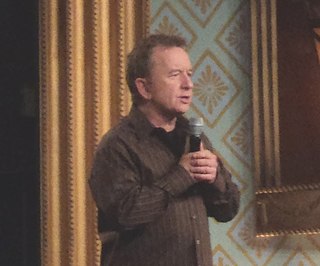A Quote by Paul Eenhoorn
From an actor's point of view, if you are watching something, and you see improv, you know it. Because of your experience, you just bloody know that wasn't written.
Related Quotes
I love performing. I love doing improv. It's a totally terrifying experience, but it's something that I've always felt so strongly about and that I'm kind of obsessed with. And just as an actor, it's a great exercise. It's a great playground, you know, to try things out and to work on your skills. Because the mandate of improv is kind of the same as acting: It's all about your scene partner, it's all about being present and in the moment and exploring together as a team, a collaboration.
I think with improv - and I say it all the time because it's become such a catch thing that you talk about improv - if the scene is well-written, you don't need to improv. But that being said, if something strikes you in the moment and, most importantly, you know where the scene is supposed to go, it's no different than method acting.
Improv is not something I had a lot of experience with, because for a long time, my only experience in front of a camera was all television, which is pretty rigid script-wise, except for the occasional scene where you toss in an ad-lib just to elongate something. Like, say, you're walking down a hall and you just don't have enough dialogue, and you throw in something. But you don't really have time to do other than what's written. It's very rigid. Shows have a certain rhythm that nobody wants disturbed.
Definitely as an actor, the experience you have, at least I'm talking for me, my experience as an actor is you go to the set and know what you're going to do, know your lines, you rehearse, you do your scene, you go back home. As a producer, for the first time I saw the whole picture in a completely different way.
I have a very optimistic view of my future right now. I'm very excited to see where it goes, but I try not to make plans just because I know how unpredictable life can be. Especially the life of an actor, and especially the life of an actor on 'Glee.' I just want to be happy and healthy and surrounded by people I love, as cheesy as it sounds.
